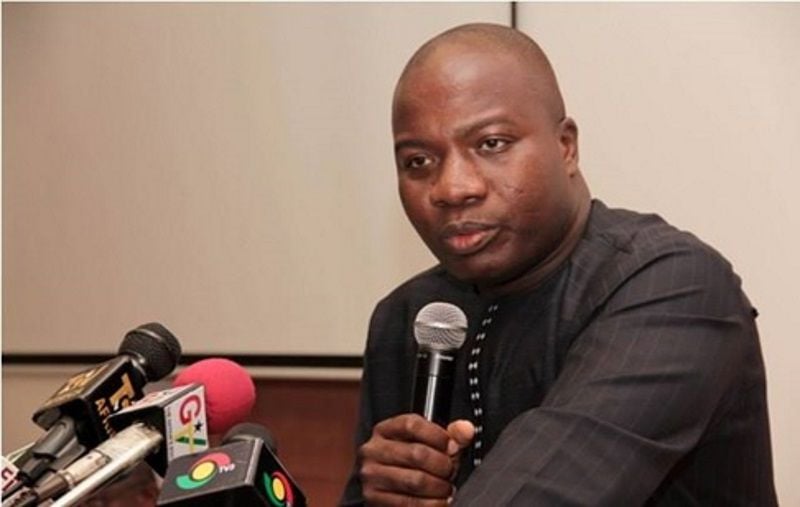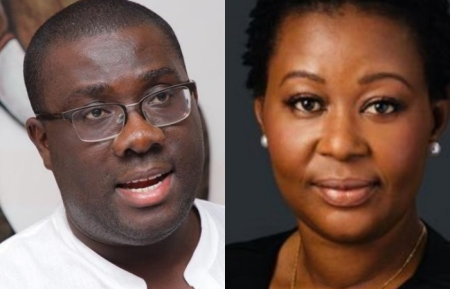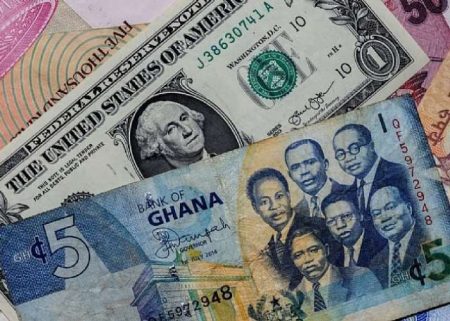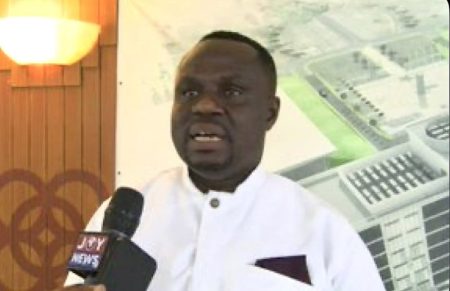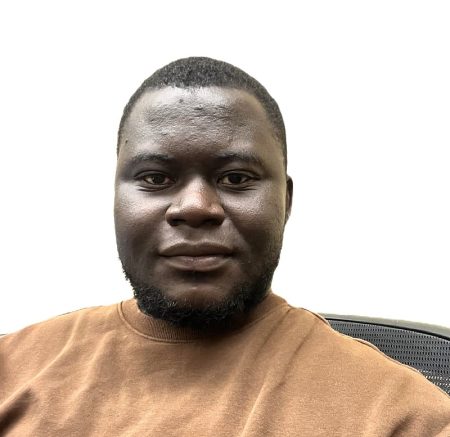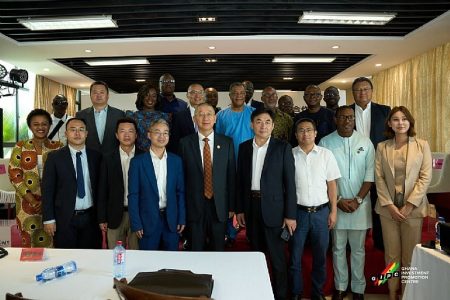The resounding victory of the National Democratic Congress (NDC) in the 2024 general elections, securing 184 out of 276 parliamentary seats, has ushered in a new era of political dynamics in Ghana. This two-thirds majority, a first for the NDC in years, grants the party unprecedented power to shape the nation’s legislative agenda and implement its manifesto promises without significant opposition hurdles. Majority Leader Mahama Ayariga has moved to allay public concerns about potential abuse of this substantial power, echoing President John Dramani Mahama’s commitment to responsible governance and utilizing the mandate for the benefit of all Ghanaians. This dominant position presents a unique opportunity for the NDC to enact transformative reforms and deliver on its promises of national development.
The significance of the NDC’s supermajority lies in its ability to enact constitutional amendments and pass legislation with minimal resistance. This control allows for swift action on key policy areas, streamlining the legislative process and enabling the government to implement its vision for the country more effectively. Ayariga emphasized the party’s intention to prioritize meaningful reforms and implement policies aimed at improving the lives of ordinary Ghanaians. The focus, he stressed, is on using this parliamentary advantage to deliver tangible benefits to the citizenry, justifying the trust placed in the NDC by the electorate.
Ayariga’s reassurance comes in the wake of concerns regarding the potential for unchecked power. Historically, supermajorities have, in some instances, been associated with the suppression of dissenting voices and the erosion of democratic principles. However, the Majority Leader’s commitment to responsible governance and his emphasis on using the mandate for the betterment of Ghana aim to dispel such anxieties. He portrayed the current parliamentary composition as a chance for decisive and effective leadership, capable of addressing the nation’s challenges and driving progress without the gridlock often associated with divided legislatures.
This new political landscape significantly alters the balance of power within the Ghanaian parliament. The opposition New Patriotic Party (NPP), holding only 87 seats, along with four independents and one vacant seat, faces an uphill battle in influencing the legislative process. While the NPP still retains the right to scrutinize government actions and advocate for alternative policies, their ability to effectively block or significantly amend legislation is substantially diminished. This shift underscores the weight of the NDC’s victory and the potential for significant legislative changes in the coming years.
The NDC’s focus, according to Ayariga, is on “resetting Ghana” and using this window of opportunity to enact substantial constitutional reforms. The specifics of these reforms remain to be seen, but their potential scope is significant. A two-thirds majority allows for amendments to fundamental aspects of the nation’s governing document, potentially impacting areas such as power distribution, electoral processes, and the protection of fundamental rights. The party’s success in enacting these reforms will ultimately depend on the nature of the proposed changes and their reception by the broader public.
The swearing-in of Ewurabena Aubynn as the new MP for Ablekuma North further solidifies the NDC’s hold on parliament. This addition to their ranks reinforces their numerical advantage and underscores the party’s comprehensive victory in the general elections. As the NDC embarks on its legislative agenda, the nation will be watching closely to see how it wields its unprecedented parliamentary power, whether it lives up to its promises of responsible governance, and if its policies deliver the positive change it has pledged to the Ghanaian people. The coming years will be a critical test of the NDC’s ability to translate its electoral mandate into tangible improvements for the nation’s well-being.





